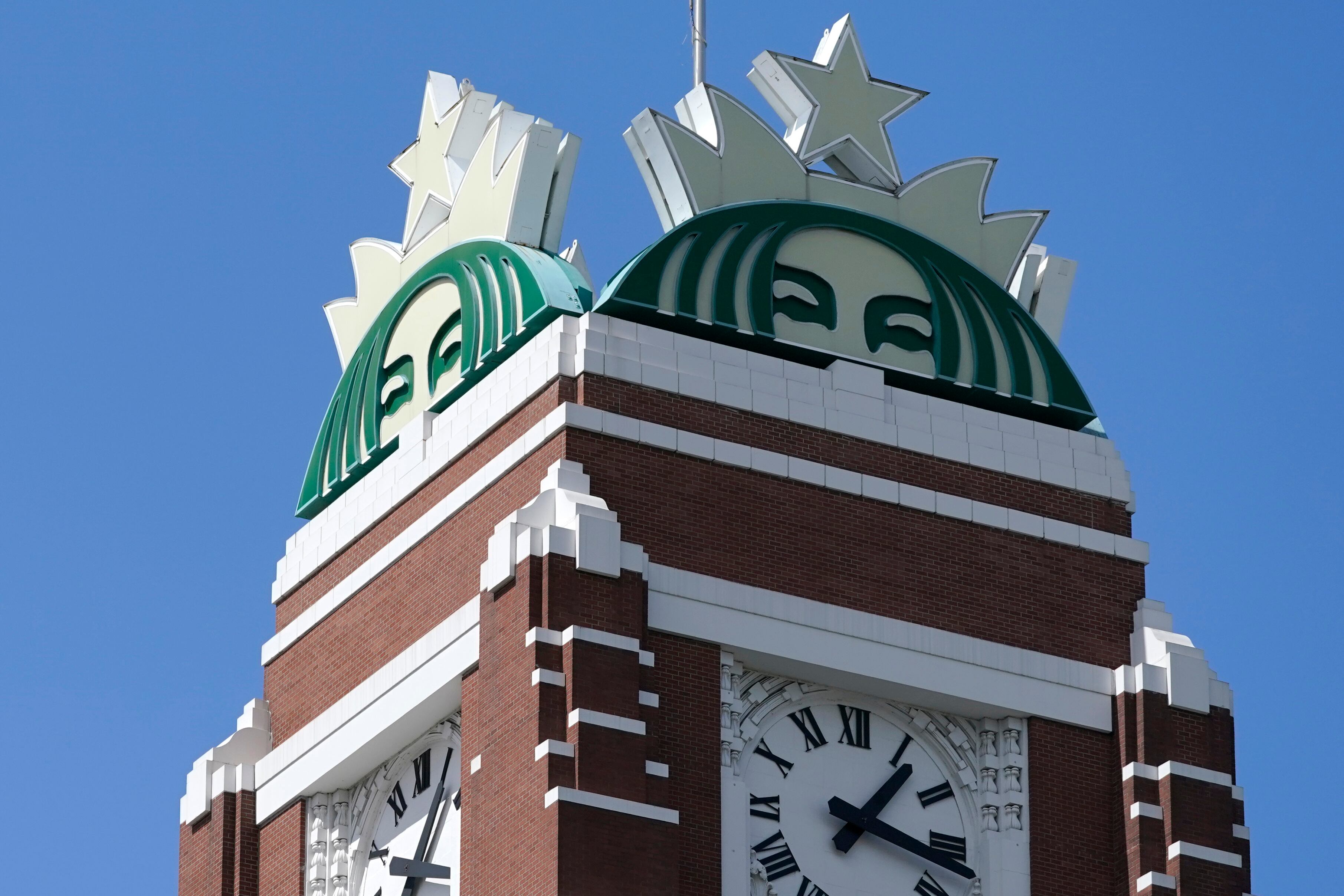Tesla's stock reached an all-time high on Wednesday when it opened at $571 per share, hoisting the company over the $100 billion market cap and making it the most valuable U.S. carmaker. Globally it comes in second behind only Toyota.
The market cap is one more milestone in a heady ascent that began in June 2019 and saw the stock's value increase 230 percent over the next seven months.
Over that span, Tesla opened its $2 billion production facility in Shanghai, started Model 3 deliveries in China, bought land in Germany for a European plant, and added the eye-popping Cybertruck to its upcoming lineup, to name a few of the headline-catching announcements.
Bloomberg reported on Tuesday that Tesla reached a settlement with the state of Michigan that will allow the company to sell cars directly to consumers at company-owned stores. Tesla is still facing similar lawsuits in other states that have banned this kind of vertical integration.
Legal wins and product announcements aside, investor confidence is playing perhaps the biggest role in Tesla's climb.
Bullish stock analysts have raised their price targets and predict strong numbers in Tesla's Q4 earnings report, due out on January 29.
"I think they're going to handily beat numbers and get a pretty strong guidance," said Dan Ives, managing director of equity research at Wedbush Securities, which raised its price target for Tesla to $550 per stock over the next 12 months with a bull case scenario of $900 per stock.
Ives said the stock's rapid rise, unusual in automotive industries, has everything to do with the potential of the Chinese market to explode demand in the coming year.
"China could bring 200,000-250,000 units over the next two years," he said. "That's really the key to the bull thesis, and not just from a demand perspective but from a supply as well."
Ives predicts Tesla will produce 150,000 units in China in the coming year alone. So far, the Shanghai facility has produced just under 1,000 customer salable cars, but Tesla said it has a production run rate of 3,000 units per week. Assuming demand rises accordingly, that gets the company pretty close to the level Ives is anticipating.
The widespread embrace of electric vehicles in China and elsewhere has played the biggest role in the stock's surge, Ives said while comparing the EV boom and rapid adoption to that of the iPhone a decade ago.
"You almost have to think about [Tesla] as a technology company," he said.
Tesla, however, remains one of the most shorted stocks on Wall Street, and a number of analysts have advised caution in the short-term as Tesla ramps up production.
The company reported $5.4 billion in automotive revenues in the third quarter of 2019 with a total of 97,000 deliveries of Model S, Model X, and Model 3 vehicles. That number jumped to 112,000 deliveries in the fourth quarter, according to an early report out of Tesla.













